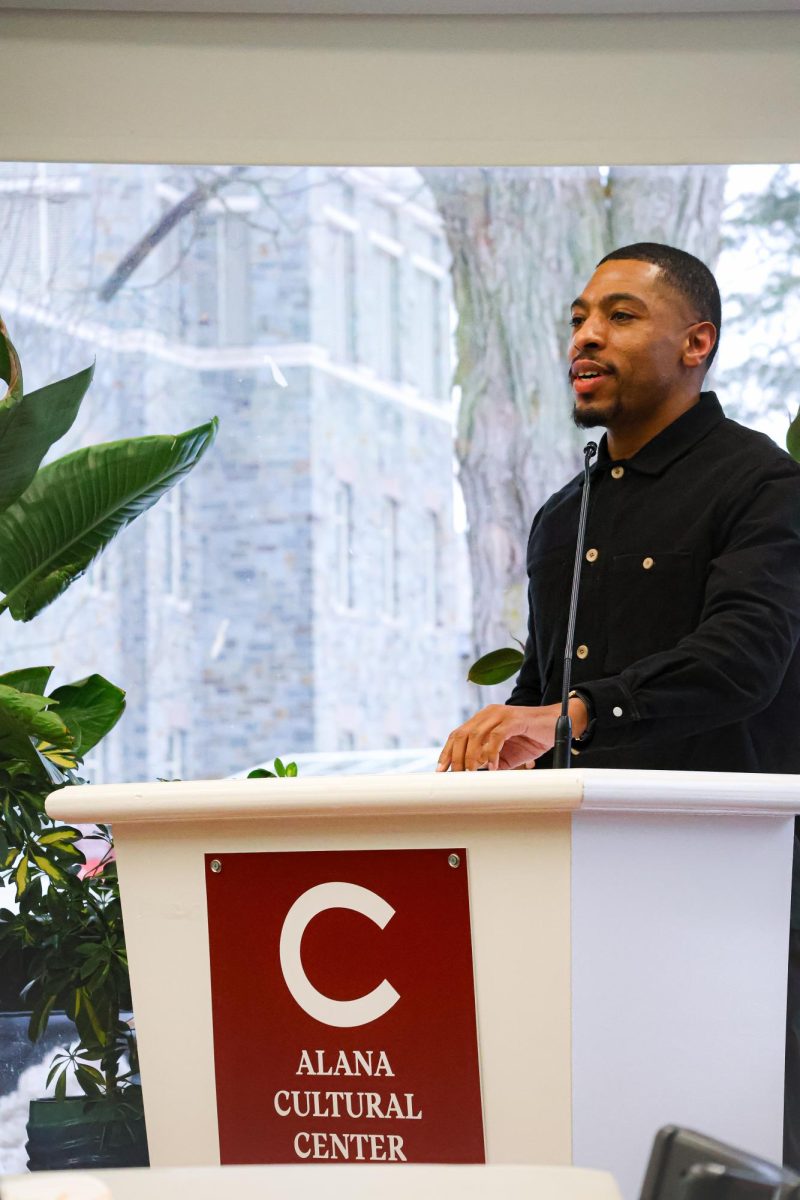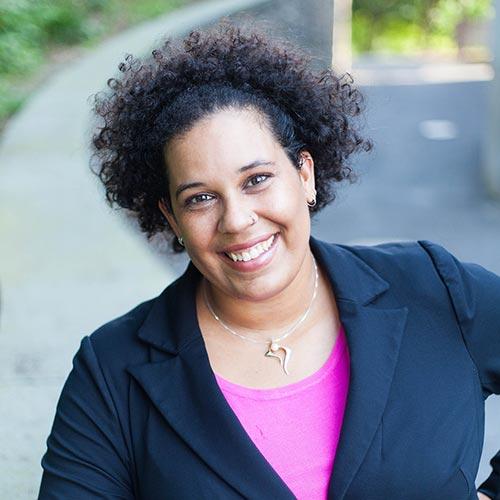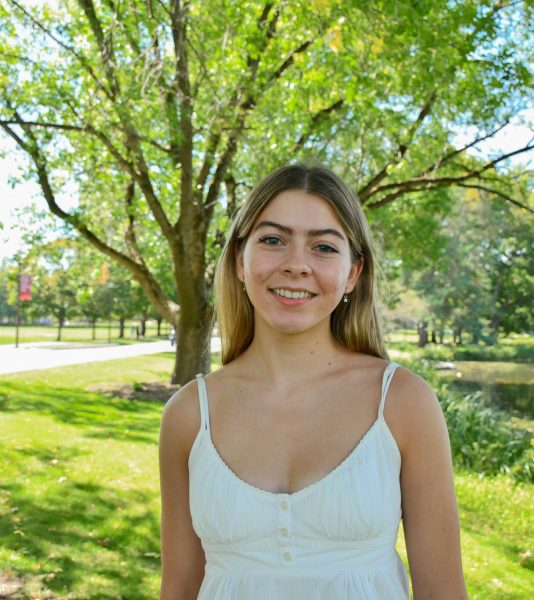Colgate University’s history department hosted acclaimed historian and author Katherine Howe to speak on her new book, “A True Account: Hannah Masury’s Sojourn Amongst the Pirates” on Wednesday, Nov. 29. Howe is a co-author of two New York Times best-sellers, “Astor” and “Vanderbilt,” and editor of both “The Penguin Book of Pirates” and “The Penguin Book of Witches,” among other works.
Howe told the story of how she became a published novelist. While in graduate school, she shared a book idea with her friend, published author Matthew Pearl.
“One day, Matthew called me from the train, and he said, ‘Listen, I hope you don’t mind, but I told my agent your novel idea, and she’d like to talk to you,’” Howe said. “I just blundered into the only career that I’m qualified to have.”
During the discussion, Howe provided insight into her writing techniques for both fiction and nonfiction.
“The order of operations for me when working on fiction is that I become interested in a particular moment in time, usually a moment in time when something is changing very drastically […]. I steep in that moment in time, try to come up with a fictional person who is as authentic to that moment in time as I feel I am able to make her or him […], and then see what that person is likely to do,” Howe said.
Howe also discussed how her process changes when writing genres outside of fiction.
“For creative nonfiction, it’s the opposite. When you start with the infinity of things that have happened, you have to zero in on who you’re going to talk about and why, and then you’re trying to ascertain as best you can from the knowledge of what they did in that particular moment in time what kind of person they might be, and do it in a way that is responsible and not overly-imaginative. That’s pretty challenging.”
Howe continued to discuss the difference between writing fiction and nonfiction with her co-author, CNN Anchor and member of the Vanderbilt family, Anderson Cooper.
“I would write from inside a point of view, inside a perspective, and, in some instances, I would treat these real people as characters […]. In fiction, you feel greater responsibility. One of the things I wanted to explore in ‘A True Account’ was [whether] it is possible to have emotional truth with factual falseness, which every fiction writer is trying to achieve. If there’s no emotional truth, then the fiction has failed. The challenge in nonfiction is you have to get emotional truth and factual truth at the same time, so maybe it’s a slightly different bar. But absolutely the emotional impact must come first.” Howe said.
When asked by a member of the audience if she had any advice for aspiring writers, Howe encouraged lots of reading.
“My advice would be to read a lot, first and foremost […]. I read a couple of books that were like the book I thought I might want to write,” Howe said. “Read a lot of really great historical fiction and see how people do it.”
Howe also reflected on getting criticism as a writer.
“Writing can feel so personal. Getting feedback on your writing is hard, and it stays hard, but having taught writing, it taught me to acquire a critical distance from my work,” Howe said. “Your writing is an effort you’ve made, and it’s a risk you’ve taken, but it’s not you.”
Speaking from her experiences in the industry, Howe offered some powerful remarks on the nature of history to wrap up her discussion.
“History is not a costume. History is a different perspective; it’s a different place, a different time, a different intellect, a different religious life. It is a different place, and if you’re not going to spend at least a little bit of effort to understand where you’re writing from, what are you doing? It’s just playing dress-up otherwise. It’s playing masterpiece theater, and I have so little patience for it,” Howe said. “Oftentimes, I feel like [historical fiction] is done with this weird present dis-bias, where it treats history as if it is either a costume or as if it is merely a prelude to whatever is the important thing that is happening today.”
Professor of History Dan Bouk organized the event. The day after the public question-and-answer session, Howe visited Bouk’s Core Conversations class to discuss her work in more depth.
“We have read ‘The Physick Book of Deliverance Dane’, Howe’s first novel, and we’ve read some of her creative nonfiction pieces. I think we’re going to dig in further than we just did about what in the process is different when writing fiction and nonfiction. Then there are also just some things that happened in the novel where we had interpretative differences in the classroom, and we’re going to see what Howe thinks,” Bouk said.
One of Bouk’s students, sophomore Lulu Schinella, reflected on the opportunity to hear from one of the authors they have read in class.
“I’m taking Professor Bouk’s Conversations [course], and I really like the class. He was really passionate about Katherine Howe, so I wanted to come because I’ve loved every book recommendation he’s had, plus all of our coursework,” Schinella said. “I loved how conversational it was. With most book talks, there’s a formality to it that this one didn’t have because it felt more personal […]. I hadn’t even read anything by her, but I feel like all of her descriptions of how she looks at history and thinks about the archives was very interesting to hear all about — that process.”














